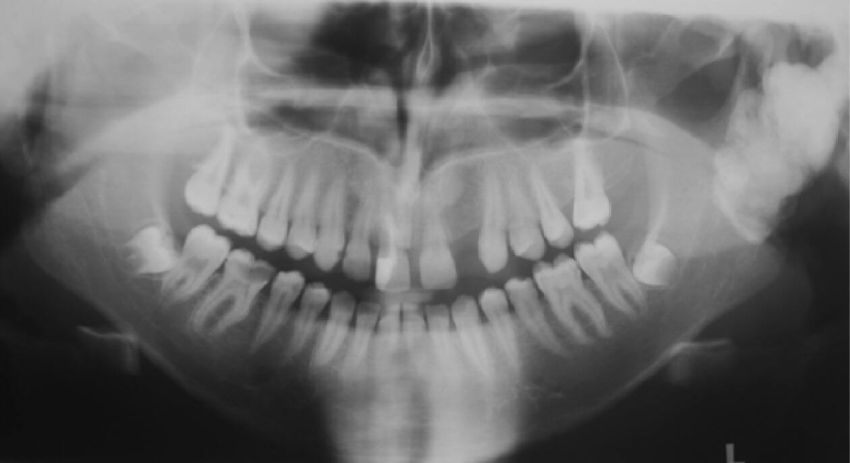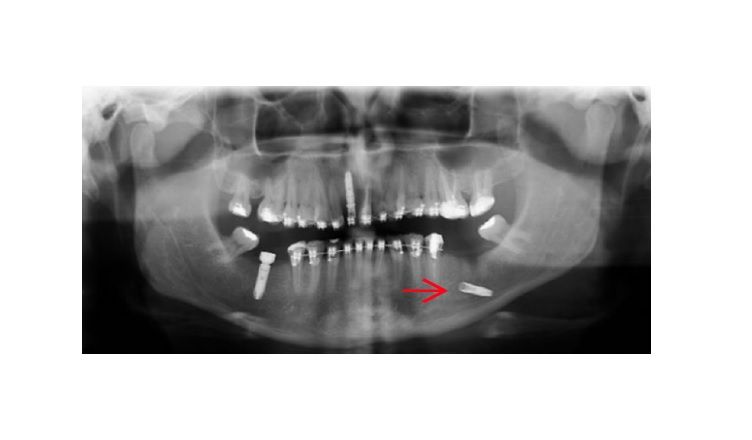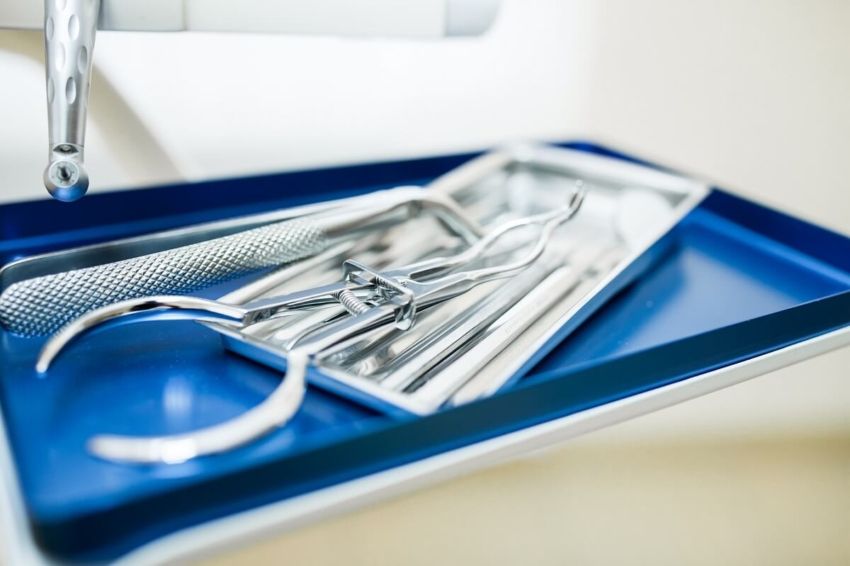Anticoagulant treatment vs. dental procedures
A visit to the dentist for many people is something scary and associated with unnecessary pain. However, it is not worth looking at it that way. Many times a dental procedure is essential for the patient's health and safety. However, in order for dental treatment to proceed safely and not pose unnecessary risks, there are a few important rules to follow.
1. Why certain medications cannot be taken during dental visits?
2. What are anticoagulants?
3. Can blood-thinning drugs be taken before visiting the dentist?
So let's consider how to ensure your safety when visiting the dentist.
Why certain drugs cannot be taken during dental office visits?
During a visit to the dentist, it may be necessary to tell the doctor about the medications you are taking. This should be done, for example, when it is necessary to apply anesthesia. This is the case when a very painful procedure is required, such as tooth extraction or treatment in close proximity to nerve endings. Nowadays, you can even request anesthesia for not so invasive activities. This gives the patient a chance to remain calm during, for example, the drilling of a tooth. Many people opt for this solution, fearing pain, so the use of various anesthetics is increasing. Unfortunately, some of the anesthetics may have negative effects if the patient is taking certain medications or has certain diseases. When mixed in this way, numbness of the lips or tongue, dizziness, fainting, cardiac arrhythmias or other reactions may occur. The most extreme and dangerous effects can be, for example, cardiogenic or anaphylactic shock. For the above reasons, it is essential to inform your doctor about the medications you are taking before any dental procedure is performed.
This will allow him to take safe steps in treating the patient and avoid endangering his life. Also, do not withhold information, related to past illnesses, use of psychotropic drugs or drugs. However, anesthesia is not the only thing that can cause problems when visiting the dental office. Many concerns are caused, for example, by taking anticoagulants.
What are anticoagulants?
Anticoagulants are otherwise known as blood-thinning drugs. They are used in case of a dangerous condition called thrombosis. It involves the formation of so-called clots in the veins. It can lead to shock and even cardiac arrest. To avoid this, patients take anticoagulants. Their action is to thin the blood so that a heart attack, for example, does not occur. An example of such a drug is, for example, https://www.pharmacygemini.pl/acesan-30-mg-63-tabletki-0042860. Due to the fact that blood-thinning drugs have a direct effect on the blood, it is worth considering whether they pose a danger when visiting the dentist.
Can blood-thinning drugs be taken before a visit to the dentist?
It is certain that it is imperative to inform the dentist about taking blood-thinning drugs. However, it is important to remember that there are very many types of anticoagulants. They can vary significantly in their effect, as well as its strength. For this reason, it is important to be aware of the exact drug you are taking. Dentists should be informed of this before they begin any activity, as it affects the type of examinations and treatments they can perform. As you know, during the procedures there may be blood in greater or lesser amounts. Of course, during a visit to the dentist, major blood vessels are almost never damaged, and therefore a major hemorrhage occurs. For this reason, anticoagulants are not necessarily a major problem. After comparing the risks that occur during the withdrawal of these drugs to the risks that occur in the dental office, one can conclude that it is not worth giving them up. Unfortunately, it is worth remembering that the occurrence of bleeding of medium or high intensity is not impossible and can hinder dental treatment. In addition, the appearance of hemorrhage in patients taking various medications is difficult to predict, and not all dentists are adequately prepared to help in such a situation. However, studies performed by scientists on the subject indicate that the risk of actual problems during dental procedures is very small.
In order to avoid problems associated with the negative effects of medications during a dental visit, it is necessary to inform the doctor about taking them. With such prevention, he has the opportunity to choose the appropriate means and methods of treatment. It also gives him a chance to prepare for the possible consequences of taking treatment. It is worth remembering that the dentist should have enough knowledge to make a responsible decision – for this reason, it is not worth withholding any information from him/her.



